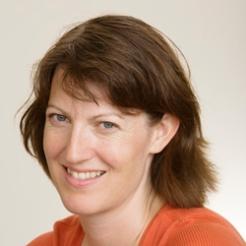A record number of donations of more than £1m were made to UK charities last year, according to a report published today by merchant bank Coutts.
Some 298 donations of £1m or more, with a total value of £1.56bn, were made to charitable causes and foundations in the UK in 2014, according to the latest edition of the Coutts Million Pound-Donor Report, which was written in partnership with Coutts by Beth Breeze (pictured) director of the Centre for Philanthropy at the University of Kent.
The number of individual donations reached its highest level since the report began in 2008, and the average value of each gift rose by 15 per cent.
The previous year saw 292 donations with a total value of £1.36bn.
Some 67 per cent of donations by value went to foundations and higher education institutions.
A total of 35 universities were identified as receiving donations of a million pounds or more, with the universities of Oxford and Cambridge receiving 11 and 10 respectively. Eight non-Oxbridge universities also received more than one million pound donation.
The report also showed that London remains the centre of philanthropy in the UK, producing 192 donations from 74 different donors - £1.05bn of the total value.
Lenka Setkova, executive director of the Coutts Institute, said: “The 8th annual Coutts Million Pound Donors Report illustrates that major philanthropy continues to grow and thrive in the UK as the total amount given increased by £200m and the number of donations was the highest we have ever recorded.
“The high proportion of funds given to charitable trusts and foundations indicates that major donors are continuing to organise their giving for the longer term.”
Breeze said: “It is exciting to find the highest-ever total number of seven-figure donations, and to see the total value return to levels last seen before the financial crash.
“It seems clear that donors’ confidence is recovering, and that charities are trusted to make good use of significant sums, despite the recent torrent of negative media headlines about fundraising practices.”









